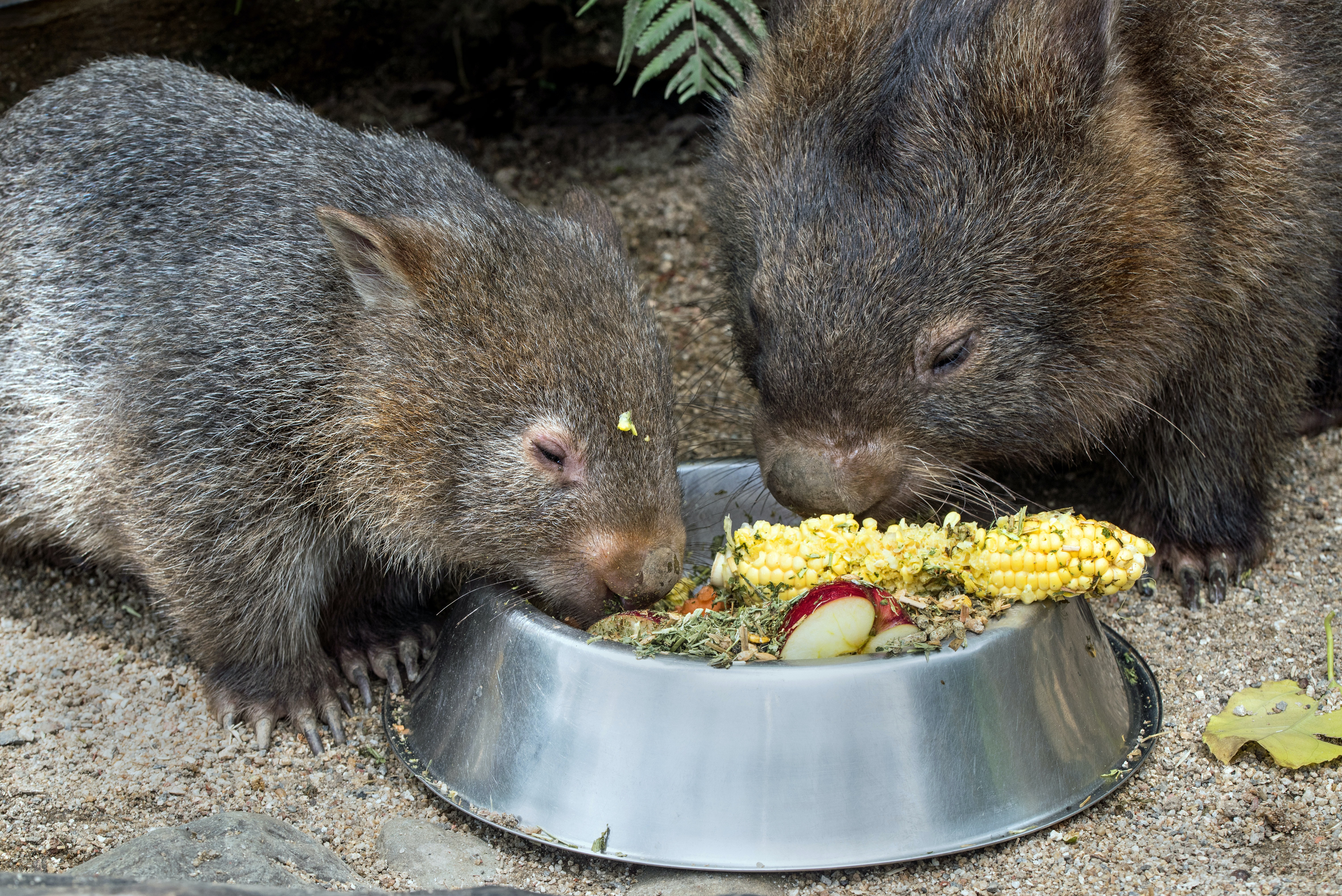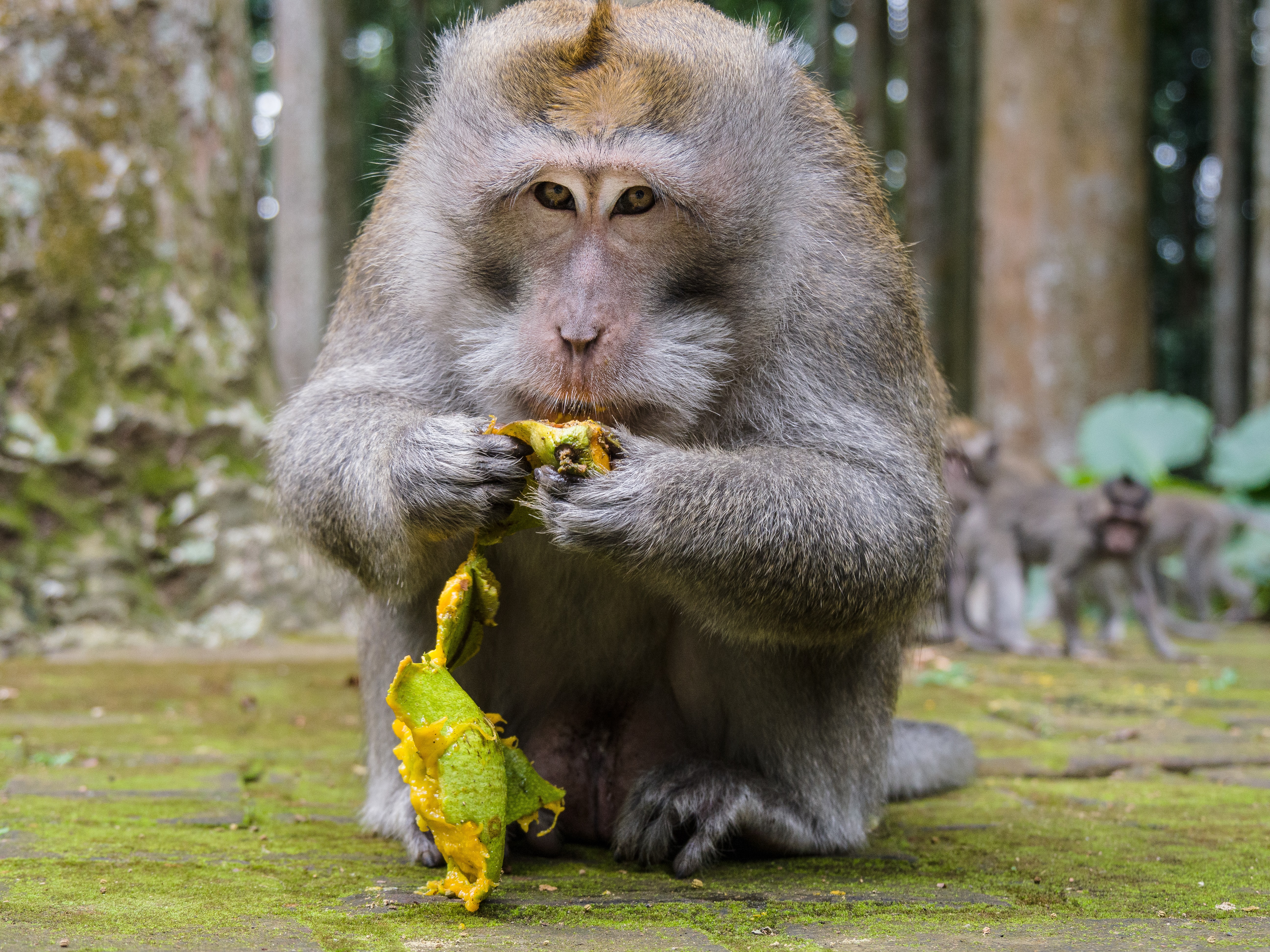Mindful eating: what it is and how to

The current unprecedented situation is taking a toll on many of us, with widespread high levels of stress and anxiety, worrying, isolation, depression and fear.
One of the most obvious consequences of all this is to make the wrong choices around what we eat and drink.
Considering that most of us spent this year at home – either in lockdown, working remotedly, in furlough or without a job – and that subscriptions to Netflix and alikes rose substantially, it is easy to picture what kind of food choices people are making nowadays.
The sight of trolleys full of ready meals, coloured snacks, UHT milk cartons and other junk has become quite familiar in our supermarkets, where the alcohol and snacks sections are always rife with special offers while a single broccoli head can cost more than £1.
Delivery meals have sky rocketed and alcohol has been deemed “essential” in the UK since day one of this “pandemic”: while gyms and essential therapies were ordered to shut, one was always free to get drunk and eat junk… and get sick!
How can we keep sane in all this folly?
This is where mindfulness comes to help.
What is mindfulness?
According to Mindful, the Foundation for a Mindful Society, “Mindfulness is the basic human ability to be fully present, aware of where we are and what we’re doing, and not overly reactive or overwhelmed by what’s going on around us”.
The essence of being rather than doing.
This innate trait is accessible to all of us: ‘Mindfulness is a quality that every human being already possesses, it’s not something you have to conjure up, you just have to learn how to access it”
Being mindful means to stop and pay attention to our present moment, tuning in with our body, feelings and thoughts. Where are you now? What do you see, what do you hear, what is going on around you? how is your body responding to this environment? How are you feeling, relaxed, anxious, angry, happy? Do you feel cold, warm, what can you smell? are you breathing rapidly or calmly?
Practicing mindfulness daily even for only few seconds can be extremely beneficial to our wellbeing, something we really need considering what is going on around us right now in the world.
What is mindful eating?

By definition, mindful eating means being mindful when we eat, but I like to naturally extend it to being mindful also when we buy, prepare and cook our food, so that we can focus more closely on our relationship and experience with food itself. This will allow us to become more in tune with ourselves and what we really need to thrive and it will help us to make better food choices.
How we deal with food can mask many other aspects of our personality, and by examining one thing we may discover many other things, which at the beginning can be a bit overwhelming. This is why I normally advise to start slowly, mindfully eating a meal a day, and naturally progress towards bigger changes.
Most importantly, don’t beat yourself up if you don’t master mindful eating straight away, give yourself time to learn and to listen to your body’s needs.
How to eat mindfully
Eat peacefully

Mindful eating is a time where we pay attention to what we are doing in that particular moment: nurturing our body and giving it the right nutritional balance it needs in order to function properly. Therefore, it is really important to be in a peaceful environment, away from distractions, computers, tv or any screen, aware of what we are engaging with.
Chew!

Slow down, taste your food, chew, how does it taste? Feel the effect is having on your body, do you like it? How is your body responding? Do you feel full? Happy? Still hungry? Bloated? Eating more slowly will also improve your digestion enormously
Give thanks!
Appreciate your food, give thanks to Earth and Nature for providing it, to the farmers for growing it and to yourself for preparing it.
Practicing mindful eating will help you being more conscious of yourself and your relationship with food; you will understand why you are eating (if genuinely hungry or comfort eating), what food makes you feel good and what foods make you feel not so good, what you truly enjoy eating and why.
You will understand about the connection between mood and certain types of foods and you will start shopping with your taste buds, not your eyes. You will start enjoying food because you really like it, not because you simply want it.
And surely soon enough, you will start making healthier food choices because you will exactly know what your body and mind need.to feel good.
Embracing mindful eating is a journey, allow yourself to take your time!
